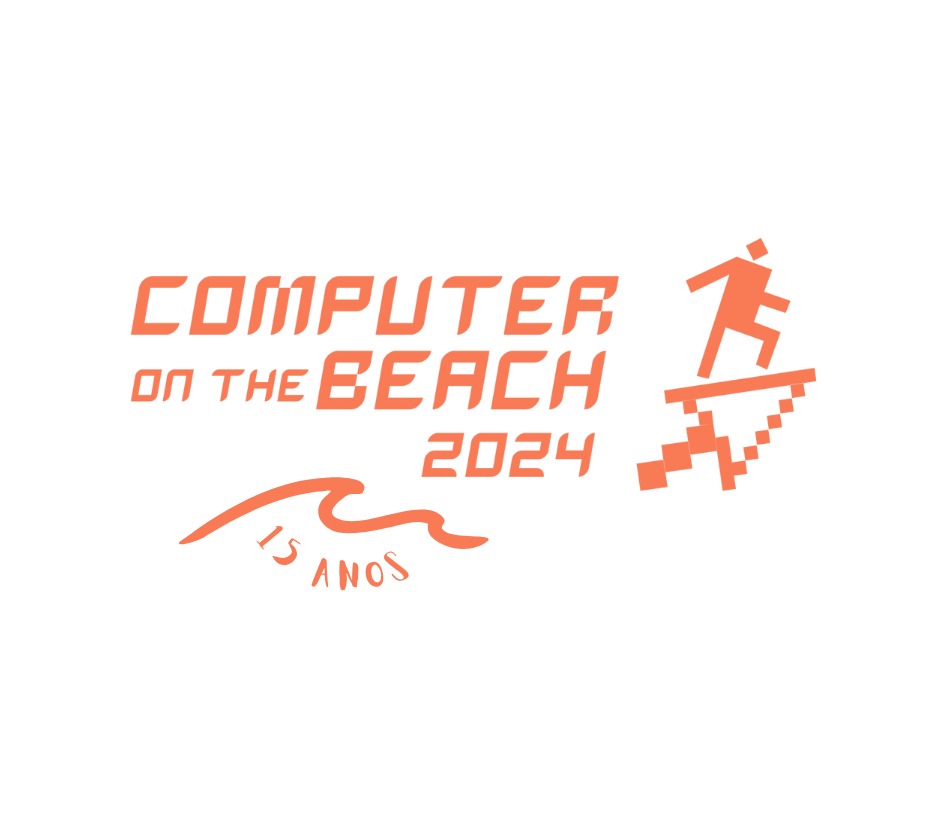

ABSTRACT
The RISC-V architecture emerged as an academic proposal,
backed by the industry, to serve as an alternative to already
established architectures. It is an open and free architecture aimed
at simplifying implementations. In recent years, vulnerabilities
exploiting hardware architectural advancements have been
discovered. These advancements have increased the performance
of modern processors but simultaneously opened the door to the
exploitation of potential security flaws. Many attacks that exploited
speculative techniques have arisen, providing means to extract
data and execute malicious code, compromising the security and
privacy of users of devices susceptible to these attacks. To enhance
user security, mitigation measures for these vulnerabilities were
proposed. However, these measures often resulted in a significant
reduction in performance, making the challenge more complex.
This project analyzed and implemented the Spectre vulnerability
on the MangoPi board. The MangoPi board, which operated in
conjunction with the Fedora operating system, was not susceptible
to the attack due to the absence of a cache management instruction.
Consequently, the commercial implementations analyzed in this
project proved immune to the Spectre vulnerability.






O Computer on the Beach é um evento técnico-científico que visa reunir profissionais, pesquisadores e acadêmicos da área de Computação, a fim de discutir as tendências de pesquisa e mercado da computação em suas mais diversas áreas.

